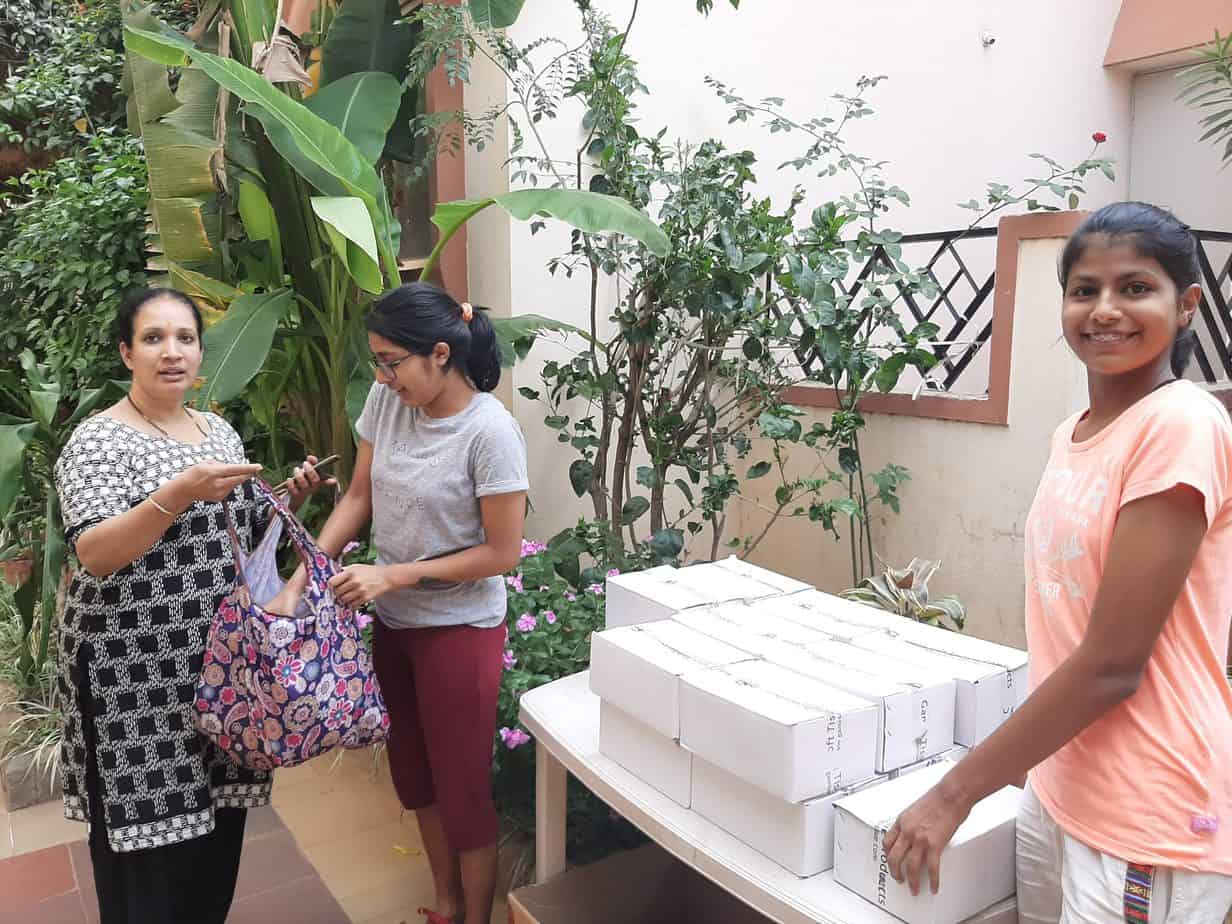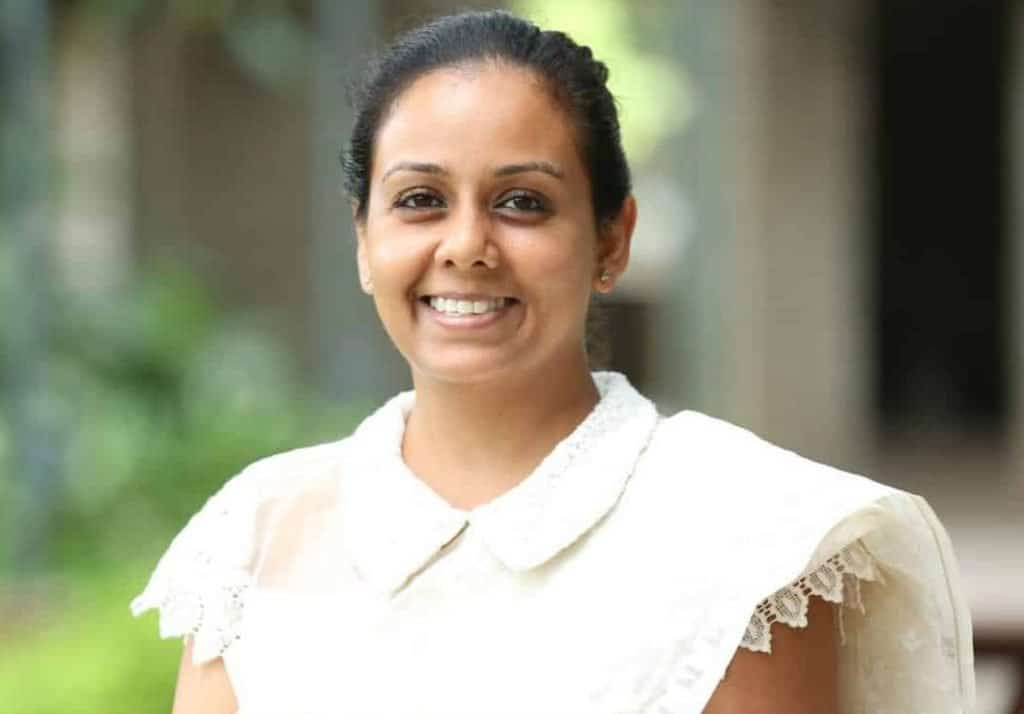Dhananjay, a grape farmer from Chikkaballapur, had 50 tonnes of grapes when the Indian government announced the unprecedented nationwide lockdown on March 24, to prevent the spread of coronavirus.
Another farmer Nagesh, had harvested bananas in February. When the lockdown started, he was stuck with 5 tonnes of raw bananas that were beginning to ripen. The mandi where he would sell it in normal circumstances was closed.
Dhananjay and Nagesh are among the lucky ones, as this story will reveal. A majority of farmers around Bengaluru and even those who are further away and depend on this city’s markets – having harvested their summer fruit, vegetables and even staples – are in the lurch. Closure of markets, absence of transportation and lack of access to end buyers, not to mention labour shortages and fluctuation of demand, has them staring at rotting crops and unrecoverable losses. The true extent of the crisis cannot be captured, also thanks to the lockdown.
Even larger agricultural enterprises whose supply network extended across States are in a limbo, and therefore, forced to sell whatever they can to local customers. The CEO of an agri startup said he was forced to destroy 40 – 50 tonnes of coloured capsicum due to non-availability of transport. Much of his produce used to be sold in North India.
Dhananjay decided to post his stock on Harvesting Farmer Network’s Twitter platform. And lo, he was able to sell through the network. Nagesh, who was on a farmer’s group, was picked up by The Village Story, a start-up that works with farming communities to promote the growing of healthy and sustainable foods.
Thanks to the internet and social media, tech-savvy farmers are able to find channels through which to reach consumers. For many who are unfamiliar with online platforms, the initiative has come from residents, social groups, activists and aggregators.
In Hebbal for instance, a group of 10 apartments across 5-6 layouts created a WhatsApp group called ‘Farm’. It started when a person within the community, an accountant at a grape farm, mentioned that he had a good variety of seedless grapes to sell.
Soon, representatives collated the demand in their respective apartment/layout. “This way he was able to sell two tonnes of grapes in one day itself. This spread to other farmers soon. Now we have access to farmers growing carrot, coriander, tomato, banana and beetroot. The farmers state the quantity they have available and we then estimate the quantities required and ask them to come at specific timings to each layout to deliver,” says Praveen, a resident of Prestige Misty Waters in Hebbal.
Social Connect

Residents of Meenakshi Residency Arakere distributing grapes in boxes. Pic credit: Ramesh Agarwal
There has been a slew of platforms that are helping connect farmers and consumers. These include the Karnataka State Mango Board’s supply of mangoes, Farm to Fork, Eco-connect (Whatsapp at 91122500111 or Darshana at 9860414514), Spudnik Farms, Harvesting Farmer Network (HFN) and other Whatsapp groups monitored by apartments.
Harvesting Farmer Network (HFN) connects farmers across the nation to consumers (including in Bengaluru) on a Twitter platform, an initiative started during the lockdown. Ruchit Garg, its founder and CEO, says it is a win-win situation for the farmers and consumers.
Ramesh Agarwal, COO, Food Safety Works and Community Coordinator, Tamarind Valley Collective says “there were a lot of messages on social media asking for help. However, there was no way to validate the requests, check status or make it viable for the farmer to deliver since they need some minimum quantity. Hence, I created this Farm to Fork group to help consolidate the information for the buyer community and volunteers.”
The Village Story started what it calls the Lockdown Farmer’s Market from the second week of lockdown by harnessing the reach of social media platforms.
Understanding the potential of these networks, even the State’s Joint Director of Horticulture from Lalbagh International flower auction centre reached out to Village Story.
Village Story’s Anamika Bist says the officer offered 10,000 hectares of flowers – marigold, roses, chrysanthemum and gerbera — under cultivation. “The stock was getting wasted as temples are closed and there are no events. So, we shared his message on our social media, email database, WhatsApp groups, Twitter, Instagram and many large FB groups,” she says.
Logistic Hurdle
While farmers without technology and transport have let their crops rot, those who are able to connect to customers in the city are finding transportation to be a key hurdle.
Most of them use smaller tempos and vans and arrive with produce early in the morning. Some of them face issues going back as several roads are blocked. Most farmers are using their own tempo or vehicle to transport their produce and hence try to wind up before noon and return.
Dhanu Kumar a mango farmer in Kanakapura says, “Constables do stop our vehicles at times and we need to pay small bribes to continue. Customers keep calling continuously from 6 am, so there is a need to honour our commitments.”
Ashwath Narayan who grows grapes in Devanahalli adds, “as there is no market there is more physical effort needed from our end to sell the produce; and it is not easy to make money, so we need to put a lot of hard work.”
Are farmers getting a good deal?
Nitish Srivastava, CEO of Muni Agro Ventures Pvt Ltd, believes direct connect with consumers has made farmers realise the true value of their produce. “Normally a farmer is able to realize only 25% of the price paid by a consumer as his income. It also makes the farmer aware of what the customer’s requirements are. The consumers also benefit as they are able to get fresher produce with fewer handoffs,” says he.
But it is not all that rosy when one takes the macro view. Although the demand for agricultural produce has increased on aggregating sites, this demand cannot replace the mandi / marketplace completely. The aggregate demand of all the direct consumers is significantly lesser than the overall produce, points out Anamika.
For instance, Spudnik Farms, one of the biggest success stories in the city, works with 17 farmers in all.
Clearing Hurdles
Groups that procure produce and sell to its customers find the demand is fluctuating. Although uncertainty and panic-buying pushed up the demand in the beginning of the lockdown, it slowly stabilised after supply became regular. Likewise, the farmers at times cannot predict exactly what quantity they can sell.
Ramesh points out: “The production side (what farmers actually grow) is unpredictable. If you take advance orders, they usually miss items because the crop is not enough. If they take the produce and go to deliver, there is never a guarantee of what will be sold and how much. Farmers who have gone to directly deliver might not incur huge losses as some of it will be made up by the higher price. But for the perishable produce, especially for vegetable farmers, they would face a huge loss,” says Agarwal.
| Making Experience Count |

Spudnik Farms founder Sumeet Kaur. Pic: Spudnik Farms
| Sumeet Kaur from Spudnik Farms who gave up her legal profession to become a farmer in Hoskote, now works with small and marginal farmers by providing technical advice and even buys their produce that is sold via a subscription model. The lockdown has meant that she has been inundated with calls, even from other cities. She says her subscribers doubled from 68 at the beginning of March to 133 presently. There were over 400 others seeking a subscription, but Sumeet had to turn them down due to logistic issues.“We have expanded our capacity, opened new routes and doubled subscriptions during the lockdown. I have been getting many calls from customers as well as farmers. Two weeks ago, I got a call from a certified organic farmer from Tumkur who was selling sapotas to Delhi and Punjab and he had 350 kg as inter-state movement had stopped. Since we already have an established delivery and manpower capacity, we could help. Another thing is that there are some supply chains that are broken, such as the produce from the tribal farmers in Dandeli not coming through as I do not want to put them at risk. Existing farmers in Chikballapur and Kolar have tapped into their network and we have found alternate sources of vegetables. That has ensured our supply situation is back to normal,” says Sumeet. |
Overcoming Challenges
Aggregators find that prices keep fluctuating due to factors such as crop status, availability of workers, support from community and clarity from government on rules and regulations on new systems/support.
“Although farming has been declared an essential service and agriculture markets are exempted from the lockdown, the supply chain has been badly hit. Buses and train services have been suspended and trucks face hurdles on roads on every checkpoint. Social distancing and the fear of COVID 19 has resulted in many empty mandis,” says Anamika.
Availability of packaging material, manual consolidation of orders and billing, tracking of payments are also major issues. “The major challenges we face are the predictability of the order/delivery from the farmer. The farmers are not equipped to do direct retail to households. So they struggle with tracking the orders, prioritizing them, giving a precise delivery day/time which makes it harder for the communities/volunteers where the buyers are expecting delivery,” adds Ramesh.
We are doing the same in whitefield as well in a small way under http://www.collectivefood.com
Please join the FB group https://www.facebook.com/groups/941453302937730/ to see if we can help source the supplies.
Wondurfull experiments. Atlast farmers and customers establish the link. Thanks to Modi inspired lockdown.
Folks who are interested in helping build the network can join the FB group Farm to Fork at https://www.facebook.com/groups/941453302937730/
Good initiative to keep in contact with consumers. Quote a number of individual initiatives supply Cow’s Milk direct to houses, though the prices are higher than the pasteurized Milk supplied by Government .
http://www.farmernear.me is a online platform to buy fruits and vegetables directly from farmers and support farmers, download the app from Farmer near me